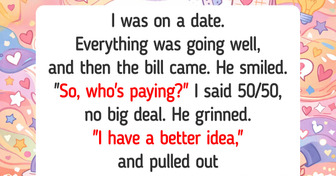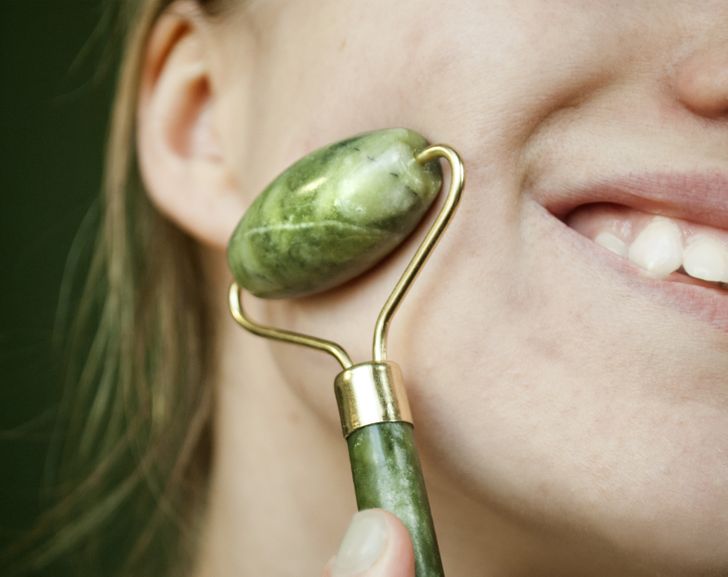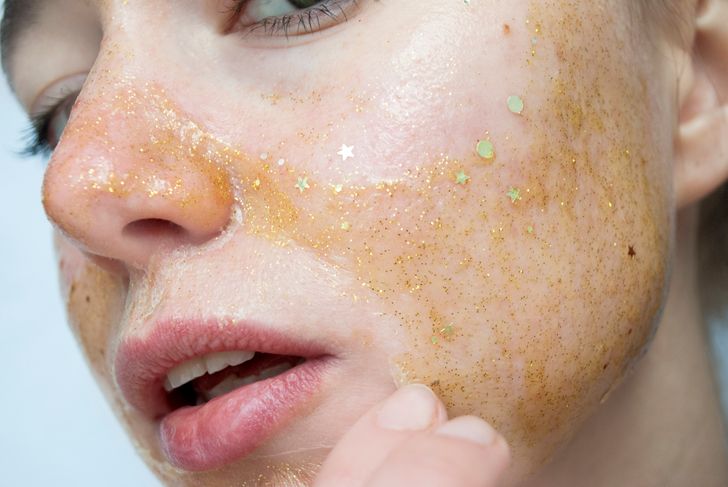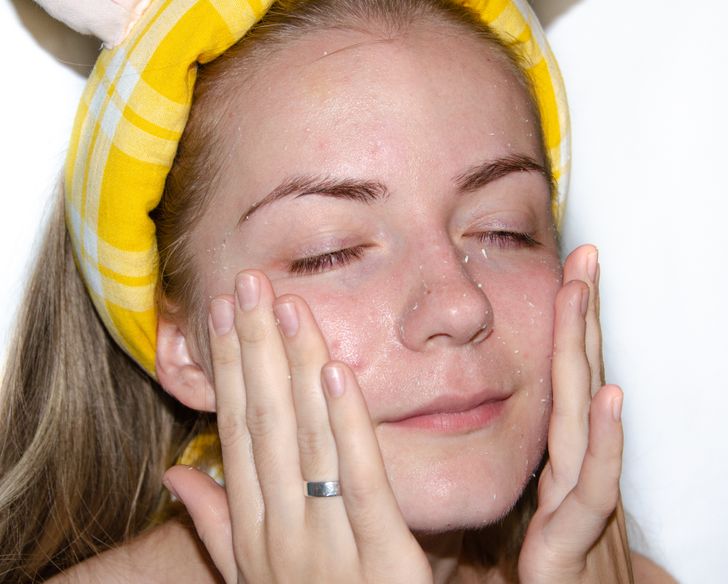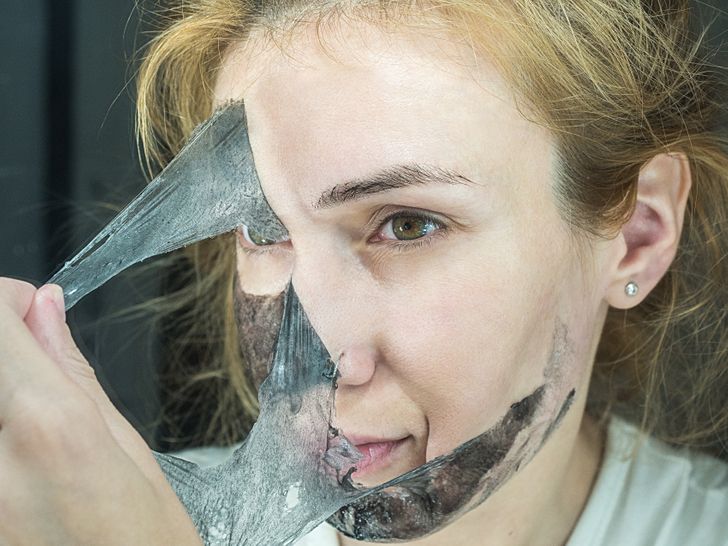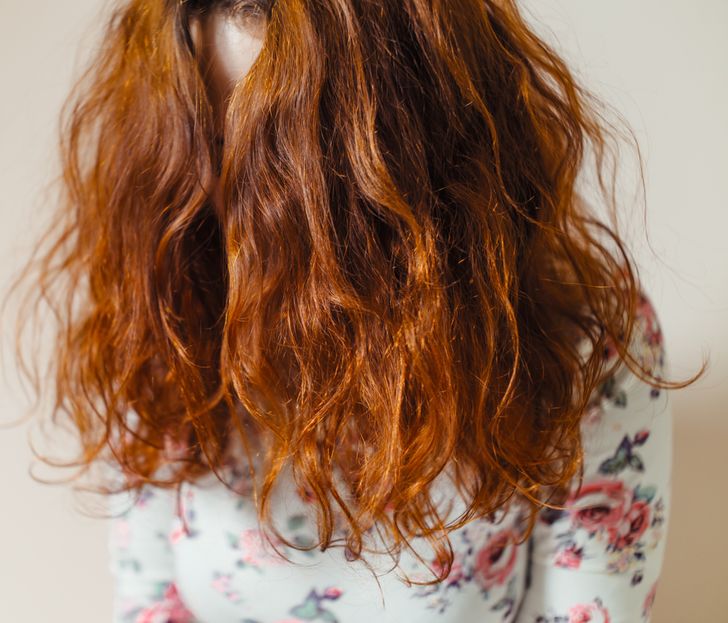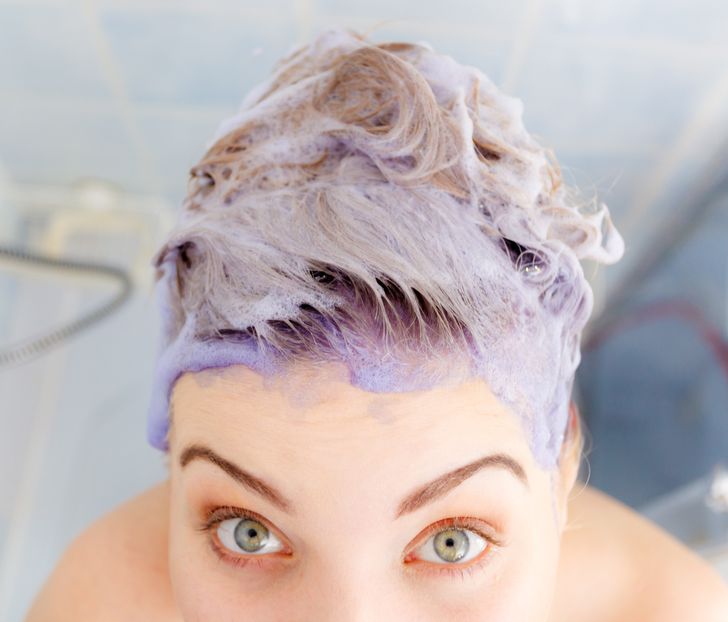Thanks for letting me know, I will share this with my girlfriend! She uses Henna to dye her hair
10 Popular Beauty Products That Are a Total Waste of Money
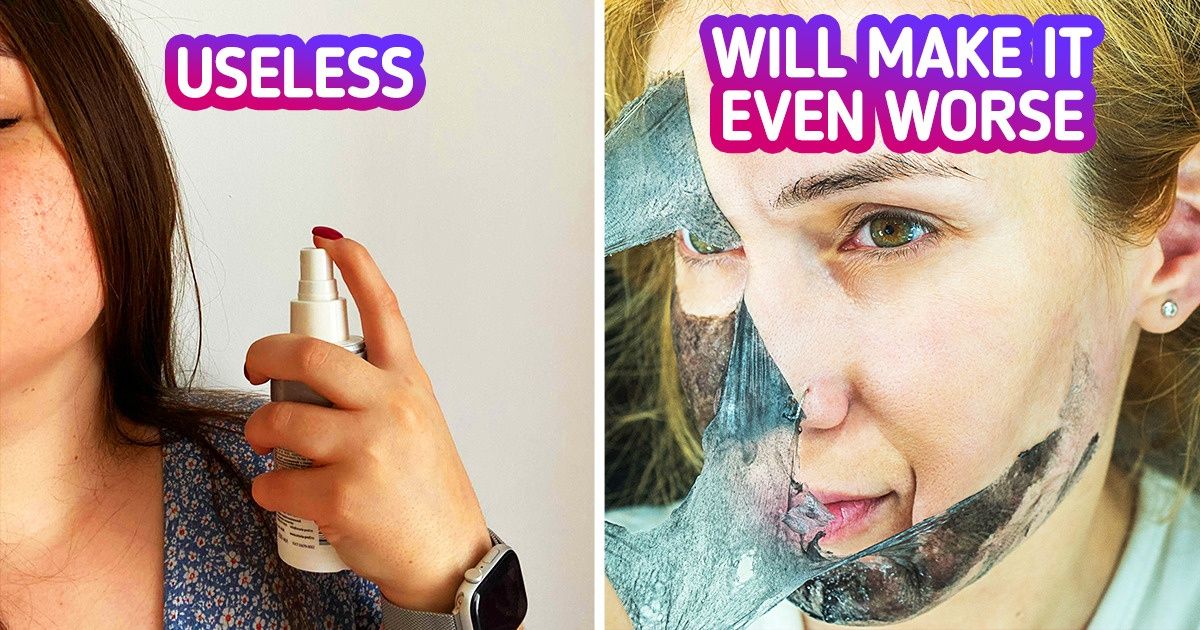
Many women use different beauty products and regularly add new ones to their collections. But popular products don’t always work the way the instructions say they’ll work. So, they show no results and just become a waste of money.
At Bright Side, we decided to find out what beauty products are almost useless — so there is no point in spending money on them.
A jade roller
It’s believed that a jade roller has been used since the Qing dynasty. The Chinese believed that jade had calming and healing properties. In 2018, rollers were at the peak of their popularity. Beauty gurus claimed that they helped to cleanse the skin of toxins, reduce puffiness, erase wrinkles, and stimulate collagen production.
But dermatologists say that the only plus of this kind of roller is massage, which can be done using a different technique, without the use of a special device. At the same time, you should clean the roller thoroughly, because particles of skin and other substances accumulate on it. A dirty roller can easily get your skin infected.
Glitter face masks
Not only is this mask not good for you or the environment, but the plastic that gives you that shine can damage your skin. The shiny particles cause irritation, especially in those with sensitive skin. The mask can be abrasive, dermatologists say.
Peeling gel
When you apply a peeling gel, you can literally feel how the gel removes dead skin cells and other impurities from the skin. In reality, the clumps you get are cellulose that is a part of the product. The peeling gel doesn’t really peel, but it scrubs mildly. Dermatologists believe that you should consult a specialist before using the gel, especially if you have eczema, acne, rosacea, or other skin conditions.
Snail therapy
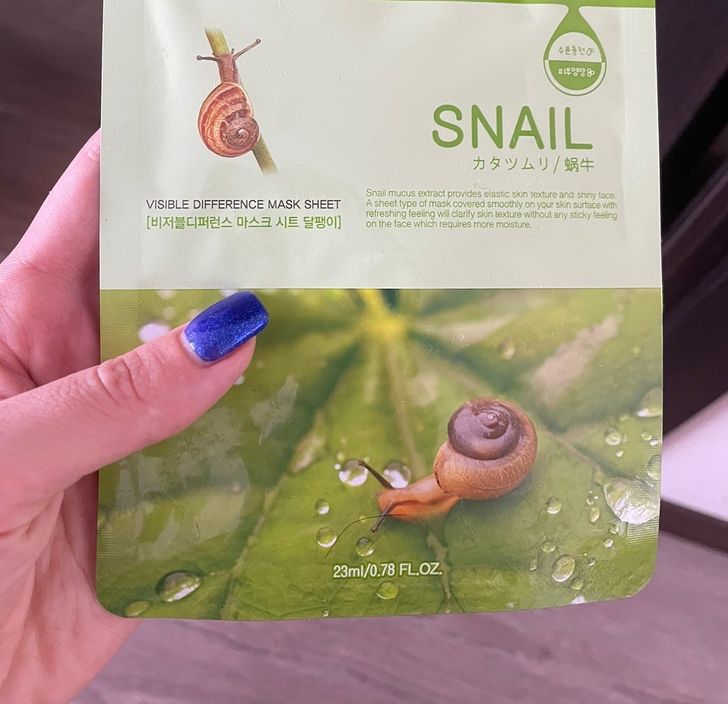
Many Korean skincare products contain snail mucin. The mucus secreted by snails is supposedly good at moisturizing your skin. There is even a special procedure — snail therapy. Snails are placed on a patient’s face, and they crawl all over it. However, researchers say that the benefits of mucin need more research before they can be touted as being officially good for your skin.
Some homemade face masks
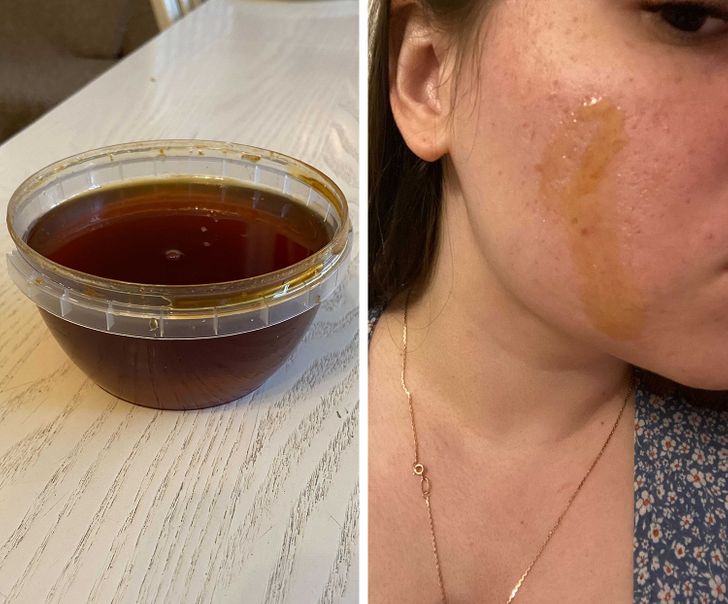
There are many articles on the internet where users describe homemade masks created from ingredients people have on hand at home. Some of them are useful, others are useless, and some are even dangerous. For example, you should definitely not use hydrogen peroxide, coconut oil, or nail polish in masks, even though these ingredients are often found in many popular homemade masks.
Peel-off masks
When you remove a peel-off mask, the glue can injure the top layer of your skin by simply tearing off part of it, which can worsen your situation. This damage leads to the weakening of the skin’s natural barrier. This barrier protects the skin from external influences and helps to retain moisture, and if damaged, the skin becomes more prone to inflammation and irritation. In reality, there are many other ways to unclog pores and remove sebum.
Thermal water
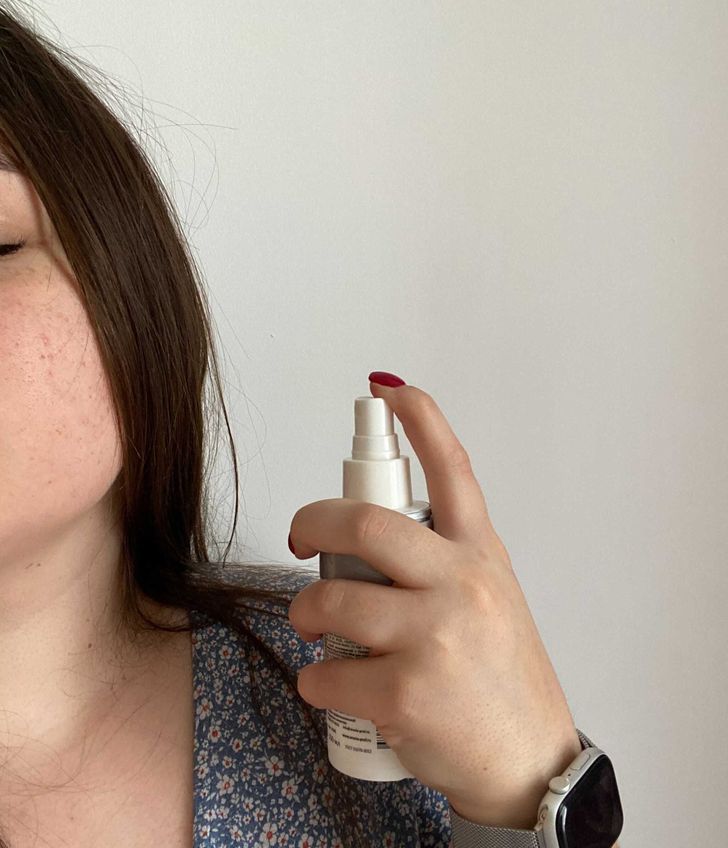
Despite the fact that thermal water is very popular, its benefits have not been proven and this product can be called practically useless. The main research was mostly backed by companies that produce this water. A 2015 study suggested it could help treat chronic inflammatory skin diseases, but felt more research was needed. At the same time, dermatologists believe that you shouldn’t moisturize your skin with water too often — as this, on the contrary, contributes to its dryness.
Skin care products for intimate areas
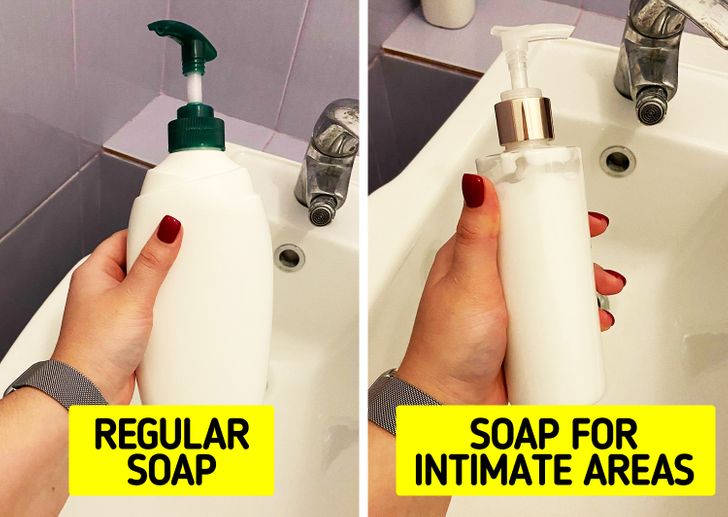
There is a common belief that only soap with a certain pH level should be used for intimate hygiene. This is based on the fact that the intimate area has a different level of acidity, so ordinary soap can cause irritation.
However, when we talk about this type of hygiene, we mean only the organs located on the outside of the body, which means that ordinary soap is also suitable to maintain their health.
Henna
Since childhood, we’ve believed that dyeing hair with henna is completely safe for our health. But it’s not that simple. Henna is indeed a natural dye for the skin and hair. But not all henna is equally safe. It’s better to avoid the so-called black henna. Chemical additives in this dye can cause allergic reactions, burns, blisters, and make hair dry and brittle.
Purple shampoo
Blondes use purple shampoo to maintain their hair color. It neutralizes yellowness and helps keep the color as bright as it was right after dyeing. Apart from shampoo, there are other purple products on the market, like masks and balms. However, if you use these products daily, you can damage your hair, and it’ll become thin and oily.
Have you ever tried any of these products? Were they effective? Tell us in the comments below.
Comments
Related Reads
I Refused to Give My Brother My $40K Wedding Fund—My Family’s Revenge Was Brutal

10 Moments When a Teacher’s Quiet Kindness Healed a Child’s Future When No One Else Was Looking

I Funded My Wife’s Luxury Demands—She Made Me Regret Every Penny

11 People Who Chose Humanity Over Hatred in the Darkest Moments

I Refuse to Give Up the Passenger Seat for My MIL—She Should Learn Her Place

My MIL Stole My Daughter’s $50K College Fund—The Consequences Were Immediate

I Refuse to Support My SAHM Wife After Discovering Her Secret

12 Stories That Prove Real Kindness Is About Actions, Not Words

I Refuse to Forgive My Wife for What She Did to My Son

My Daughter Disrespected My Sacrifices—And I Refused to Let It Slide

I Refused to Be Called the Office Villain by a Coworker Who Barely Works

14 Dates That Started Like Movies but Ended Like Sitcoms
